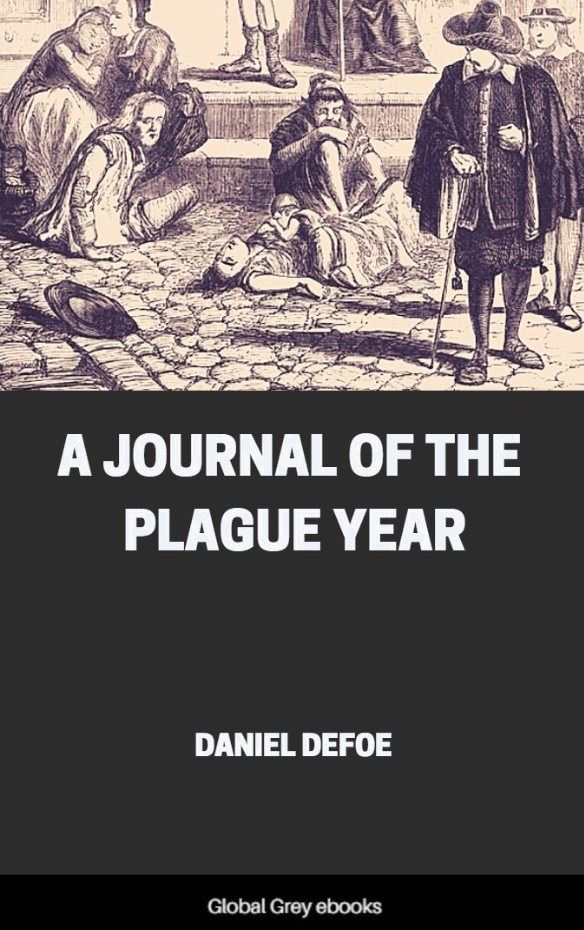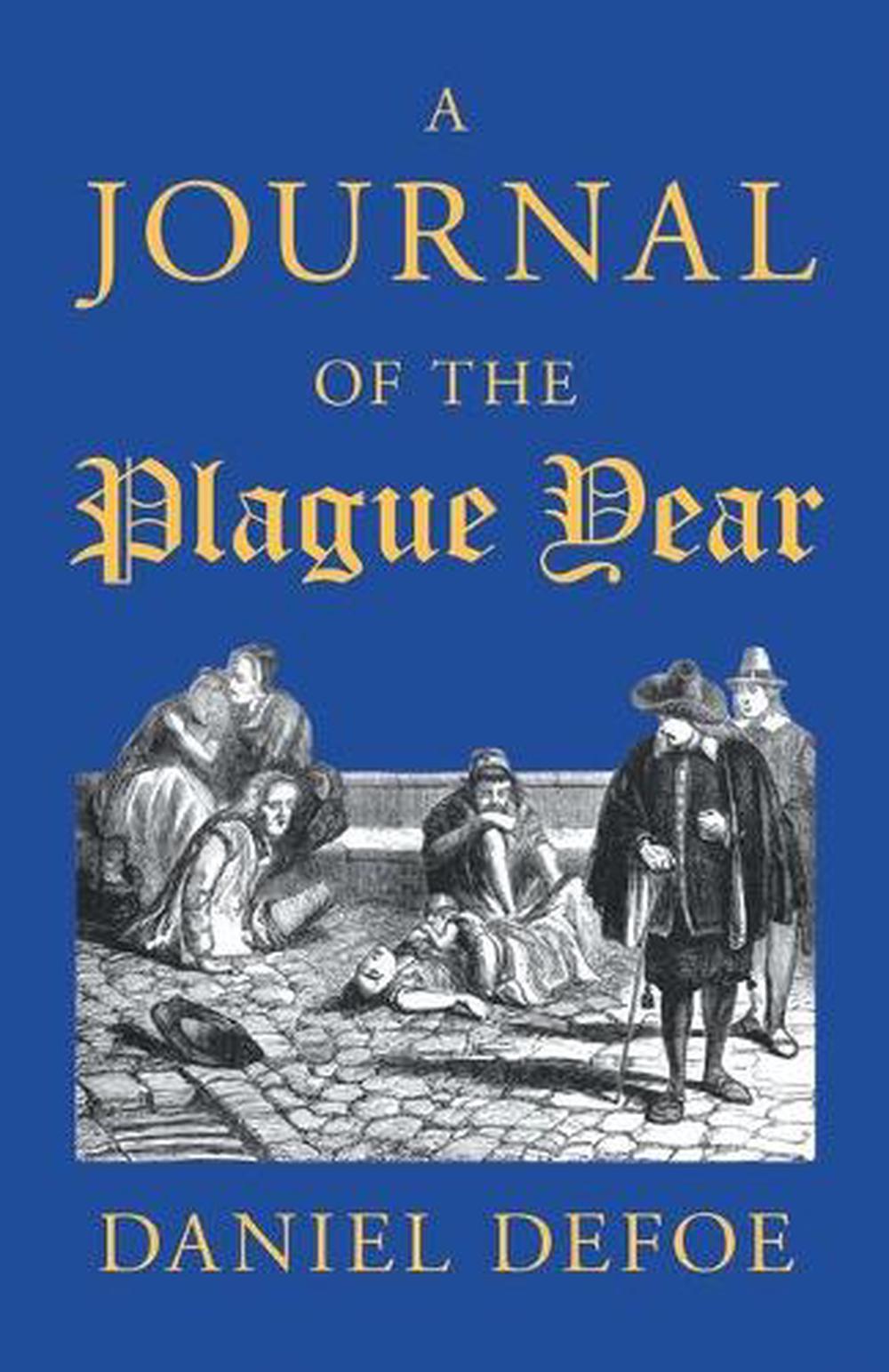

The big breakthrough came in 1719, with the publication of Crusoe.

Defoe never did quite abandon writing about political and religious issues, which were largely inseparable in 18th century England. The death of William and the accession of Queen Anne in 1702 made politics more dicey for Defoe (he was never simply Church of England), so he began looking for other writing outlets. The turn to writing seems to have begun just before 1700, writing pamphlets in support of King William and Queen Mary. As a result, he was in and out of prison in the 1680s and 1690s, mostly for debt, but he nearly was hanged for his support of Monmouth. However, his luck was poor, his timing was worse, and he also backed to wrong side in the abortive Monmouth rebellion in 1685. Defoe’s plans were to make his fortune as a merchant. He received some formal education, but did not go to university. He fits nicely in a small select group that included John Milton (somewhat older), and Jonathan Swift (a bit younger).ĭaniel Foe (the change to Defoe came later, to class up the act a bit) was born in London around 1660-the details are a bit hazy, which becomes important further on in this story. By and large, however, he made his way with his pen, and as a partisan political writer as well. In an age where few could make a living as a professional writer, Defoe made his living in just that way, although he did dabble in other occupations, including espionage. At one time, Robinson Crusoe was the most translated work after the Bible.īut there is a lot more to Defoe than Crusoe. And every living citizen he meets has a horrifying story that demands to be heard.Until recently, if one thought of Daniel Defoe at all, it was of Robinson Crusoe, alone (well, not quite alone) on some desert island in Defoe’s famous novel. Here we see a city transformed: some of its streets suspiciously empty, some - with crosses on their doors - overwhelmingly full of the sounds and smells of human suffering. 'A Journal' (1722) follows Defoe's fictional narrator as he traces the devastating progress of the plague through the streets of London. Daniel Defoe was just five at the time of the plague, but he later called on his own memories, as well as his writing experience, to create this vivid chronicle of the epidemic and its victims. In 1665 the plague swept through London, claiming over 97,000 lives. 'The most reliable and comprehensive account of the Great Plague that we possess' Anthony Burgess


 0 kommentar(er)
0 kommentar(er)
